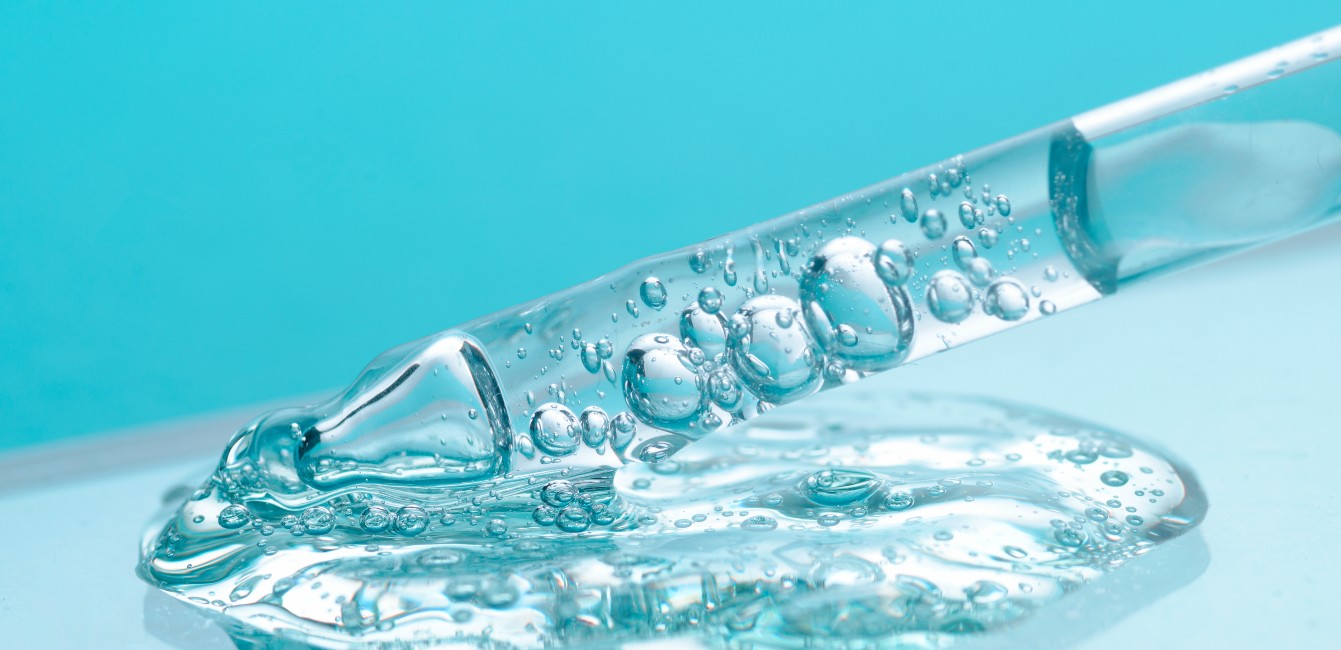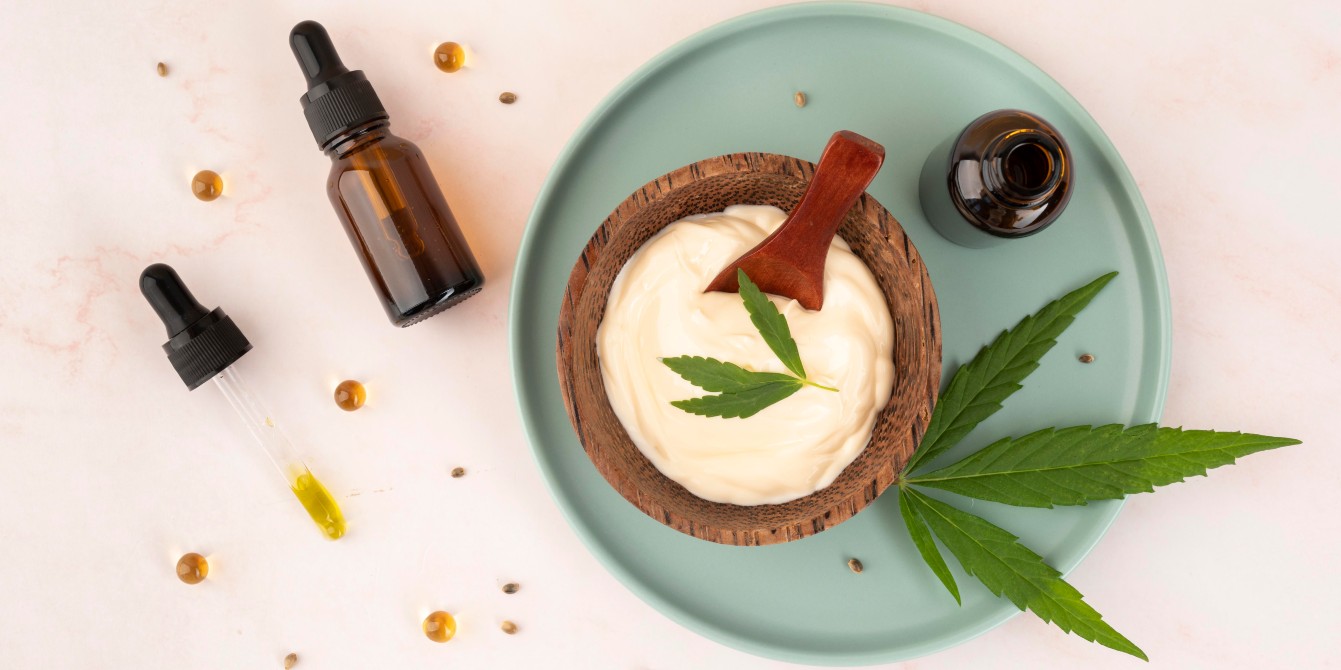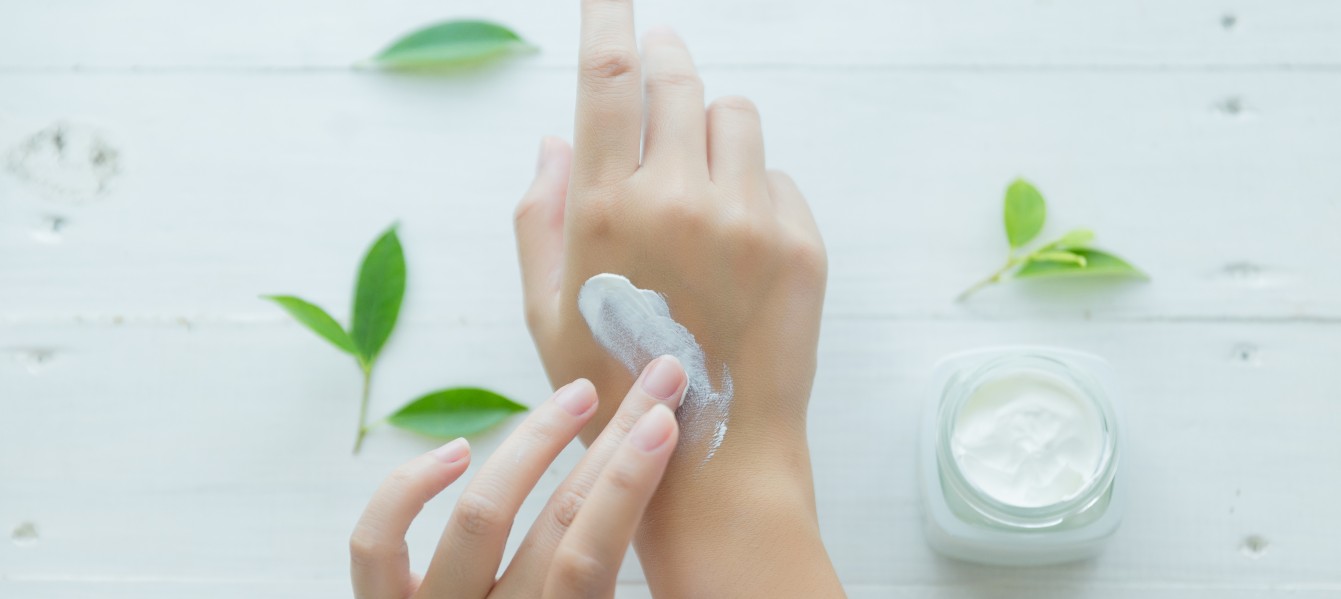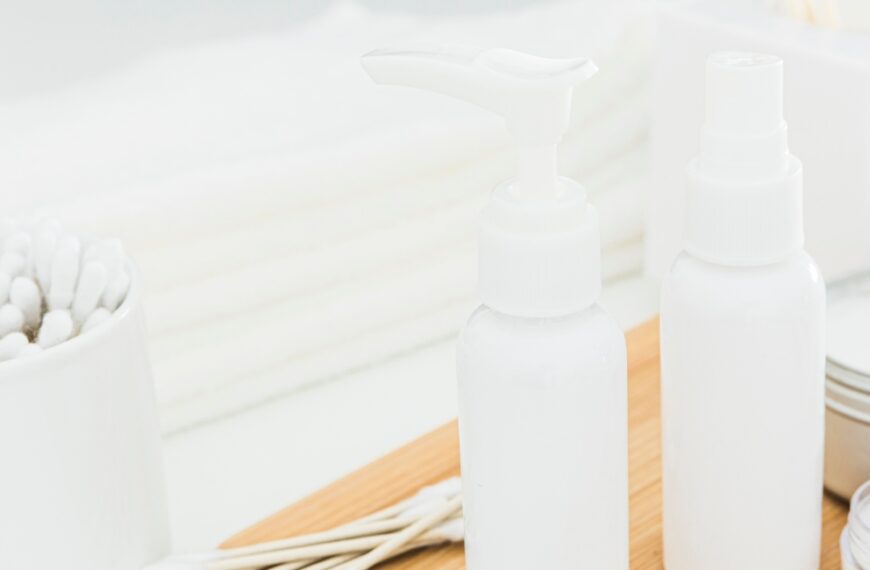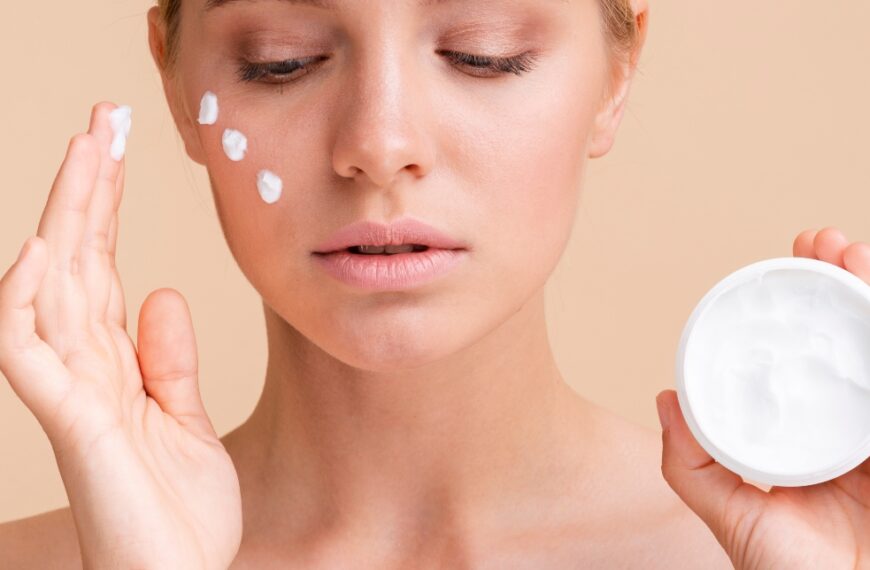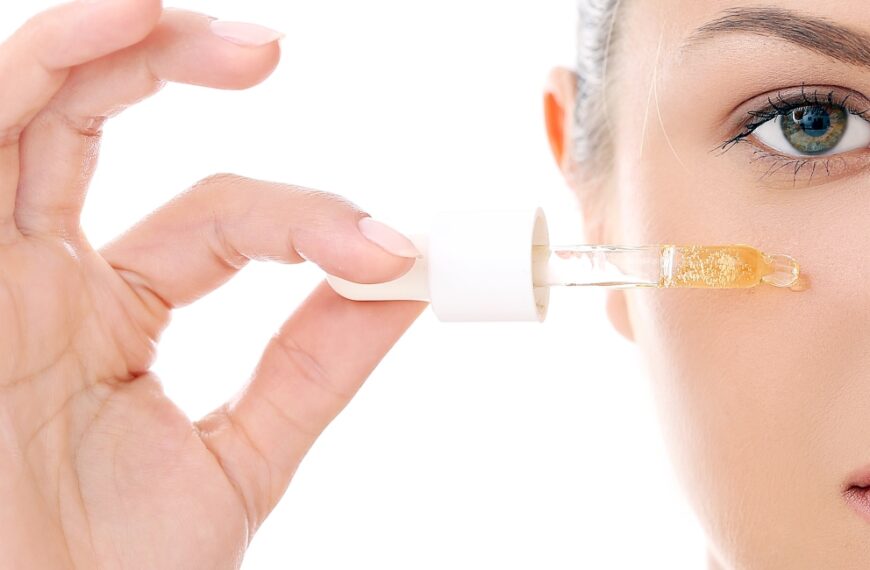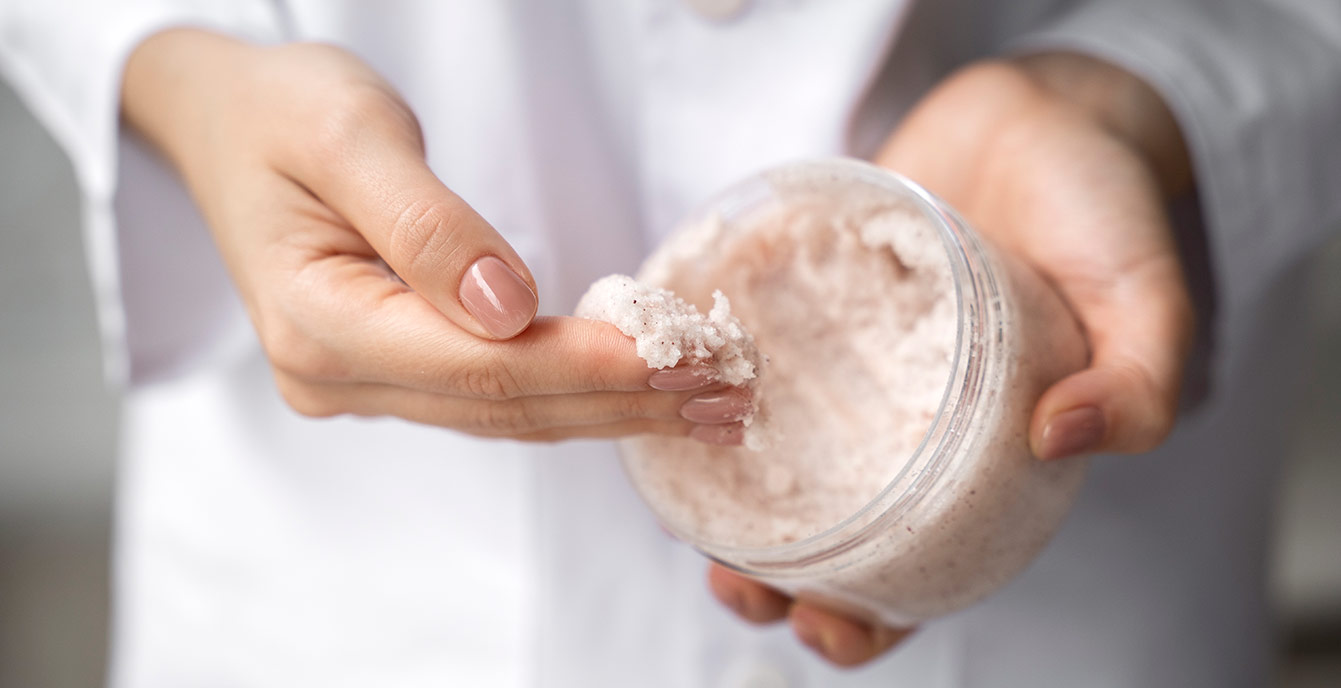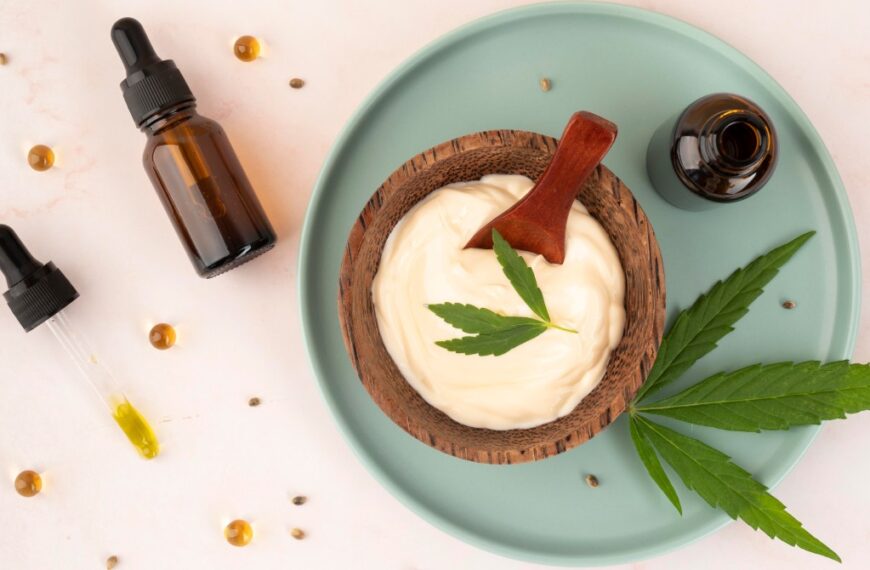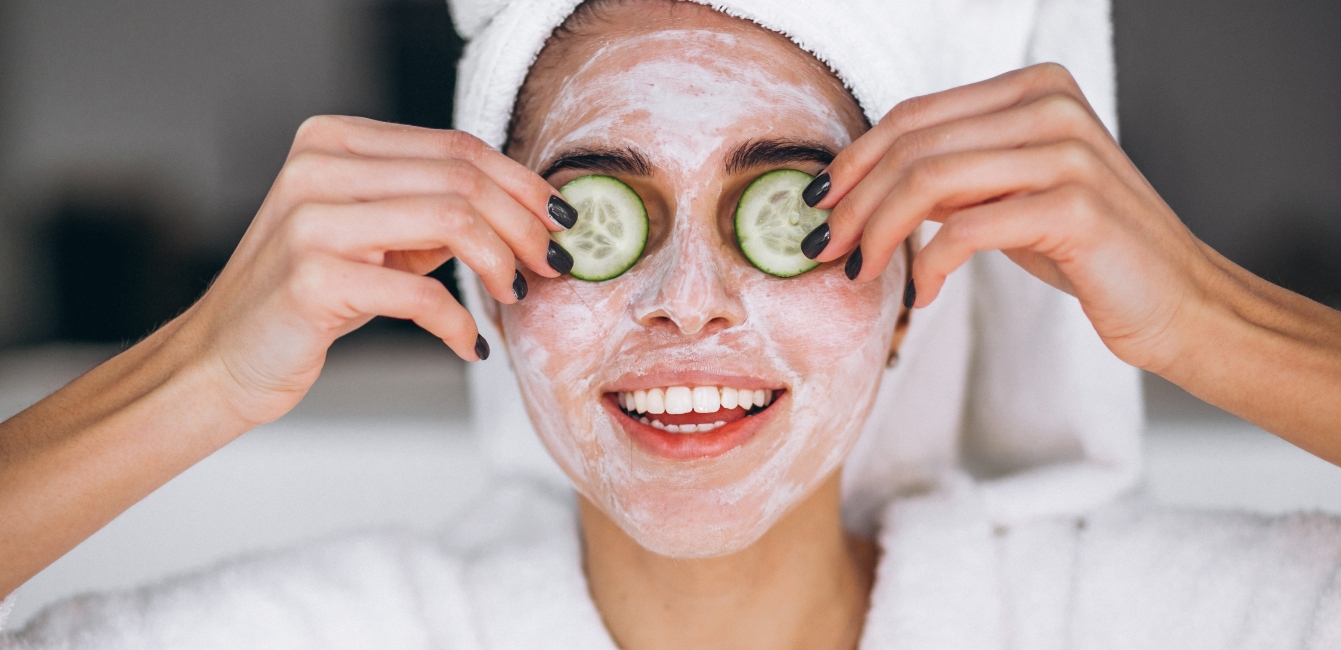Redefining Skincare: Bakuchiol vs. Retinol – Which One Wins?
In the quest for youthful, radiant skin, there are two heavyweights in the skincare arena: Bakuchiol and Retinol. As a skincare enthusiast always on the lookout for the latest and greatest, I couldn’t resist diving into the Bakuchiol vs. Retinol debate. In this article, I’ll share insights into these two potent ingredients, expert opinions, and how to incorporate them into your skincare routine. Plus, I’ll reveal which one I use to maintain my own glowing complexion.
The Battle of the Anti-Aging Titans
Bakuchiol: The Natural Contender
Bakuchiol, derived from the Babchi plant, is making waves in the skincare world as a natural alternative to retinol. It offers several benefits:
- Gentle: Bakuchiol is known for being gentle on the skin, making it suitable for those with sensitive or dry skin types.
- Anti-Aging: It has shown promise in reducing fine lines, improving skin texture, and stimulating collagen production.
- Antioxidant: Bakuchiol boasts antioxidant properties, protecting the skin from free radicals and environmental stressors.
Retinol: The Gold Standard
Retinol, a vitamin A derivative, has long been considered the gold standard in anti-aging skincare. Its benefits include:
- Effective: Retinol is clinically proven to reduce wrinkles, boost collagen, and fade hyperpigmentation.
- Cell Renewal: It promotes skin cell turnover, revealing fresher, younger-looking skin.
- Proven Results: Retinol has a robust track record of delivering visible results in addressing signs of aging.
Differences That Matter
To determine which one suits you best, it’s crucial to understand the key differences between Bakuchiol and Retinol:
1. Source: Bakuchiol is a natural, plant-derived compound, while Retinol is a synthetic form of vitamin A.
2. Sensitivity: Bakuchiol is known for being gentle and less likely to cause irritation, making it a good choice for sensitive skin. Retinol can be harsh and may cause dryness, peeling, and sensitivity in some individuals.
3. Effectiveness: While both ingredients have anti-aging properties, Retinol has been extensively studied and is considered more potent and effective for addressing advanced signs of aging.
4. Sun Sensitivity: Both Bakuchiol and Retinol can increase sun sensitivity, so proper sun protection is essential when using either ingredient.
5. Availability: Bakuchiol products are relatively newer to the market, while Retinol has been a skincare staple for decades.
Choosing the Right One for You
Your choice between Bakuchiol and Retinol largely depends on your skin type, concerns, and tolerance:
- Bakuchiol: Consider Bakuchiol if you have sensitive or dry skin, are new to anti-aging skincare, or prefer a more natural approach. It’s also a great option for those looking to introduce anti-aging ingredients gradually.
- Retinol: Opt for Retinol if you’re seeking a clinically proven powerhouse to combat advanced signs of aging. It’s suitable for those with normal to oily skin who can tolerate potential side effects like dryness.
Dermatologists Weigh In
To gain expert insights into the Bakuchiol vs. Retinol debate, I reached out to Dr. Sophia Anders, a renowned dermatologist with expertise in skincare.
Dr. Anders emphasized the importance of choosing the right ingredient for your unique skin needs. “Bakuchiol is an excellent option for those with sensitive skin or beginners in the world of anti-aging skincare,” she explained. “However, if you’re looking for rapid, transformative results, Retinol remains the gold standard.”
She also noted that the effectiveness of Retinol can sometimes come with a trade-off. “Retinol can be more irritating, especially when starting,” she cautioned. “It’s crucial to start slow and introduce it gradually into your routine.”
Incorporating Bakuchiol and Retinol into Your Routine
Here’s how you can incorporate Bakuchiol or Retinol into your skincare routine:
1. Start Slowly: Begin with a lower concentration of either Bakuchiol or Retinol to allow your skin to adjust. Apply it once or twice a week at first.
2. Evening Use: Both ingredients are best used at night. Apply after cleansing and before moisturizing.
3. Gradually Increase: Over time, you can increase the frequency to every other night or as your skin tolerates.
4. Sunscreen is Non-Negotiable: Since both ingredients can make your skin more susceptible to UV damage, always wear sunscreen during the day.
My Personal Choice
As someone with sensitive skin, I opted to start my anti-aging journey with Bakuchiol. I’ve been using the Ole Henriksen Glow Cycle Retin-ALT Power Serum, which features Bakuchiol as a star ingredient. It’s been a fantastic addition to my routine, helping improve my skin’s texture and providing a gentle introduction to the world of anti-aging.
The Quest for Ageless Beauty
In the Bakuchiol vs. Retinol debate, both contenders bring remarkable qualities to the table. The choice between them depends on your skin’s needs and your tolerance for potential side effects. Whether you lean towards the gentle, natural allure of Bakuchiol or the proven effectiveness of Retinol, remember that skincare is a journey, and finding the right ingredient for you is all about balance and self-discovery.
So, embrace your quest for ageless beauty with Bakuchiol, Retinol, or a combination of both. Whichever path you choose, may it lead you to a radiant, youthful complexion that reflects your inner vibrance.
Image by Freepik

